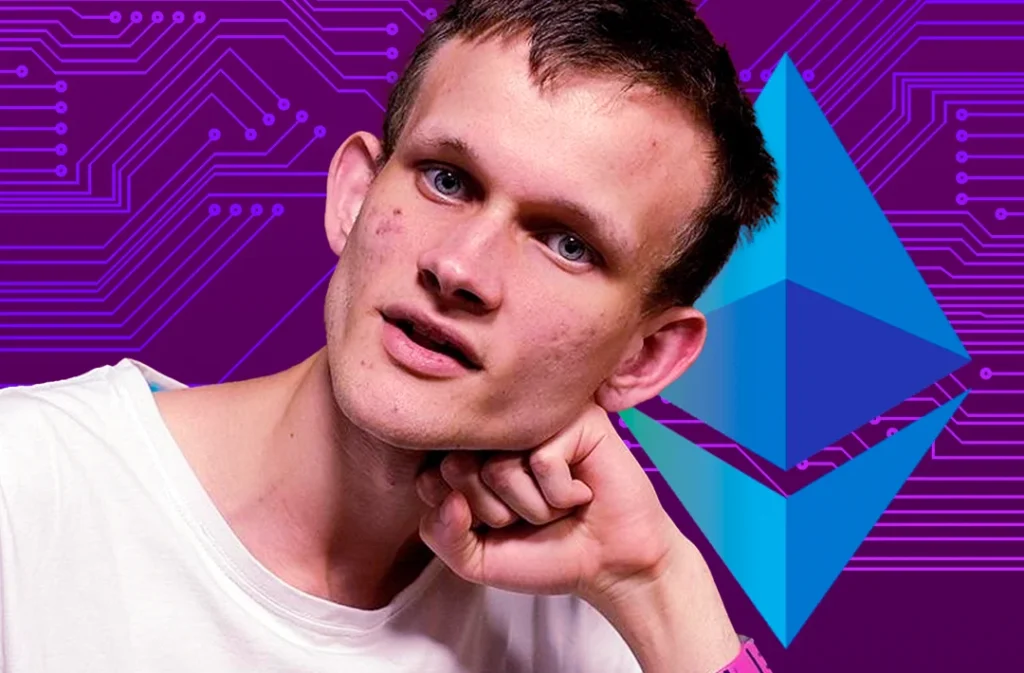
Ethereum co-founder Vitalik Buterin has published a new essay arguing for further expansion of transaction space in the network’s Layer 1 blocks.
Reasons to have higher L1 gas limits even in an L2-heavy Ethereumhttps://t.co/BMFhzoO8bE
— vitalik.eth (@VitalikButerin) February 14, 2025
In early February, Ethereum validators approved an increase in the gas limit from 30 million to 36 million, boosting capacity by 20%.
However, further increases pose risks of L1 centralization, especially given Ethereum’s rollup-focused roadmap. Buterin acknowledged concerns about whether expanding capacity is the right long-term solution.
“Even in a world where most activity is concentrated on L2, there is value in significant L1 scaling, as it enables simpler and safer application development patterns,” the programmer stated.
He listed several key reasons why further increasing the gas limit is necessary:
- Greater censorship resistance – Transactions should be included in the blockchain as quickly as possible.
- Cheaper and simpler asset transfers between L2 protocols.
- Faster mass withdrawals from a failing L2 back to Ethereum’s base layer.
- More scalable and cost-effective ERC-20 token issuance on L1.
Buterin also emphasized that higher capacity would improve access to Keystore wallets and speed up L2 interactions.

In January, Buterin reaffirmed that Ethereum’s ecosystem will continue to scale primarily through Layer 2 solutions.








 Cryptol – your source for the latest news on cryptocurrencies, information technology, and decentralized solutions. Stay informed about the latest trends in the digital world.
Cryptol – your source for the latest news on cryptocurrencies, information technology, and decentralized solutions. Stay informed about the latest trends in the digital world.